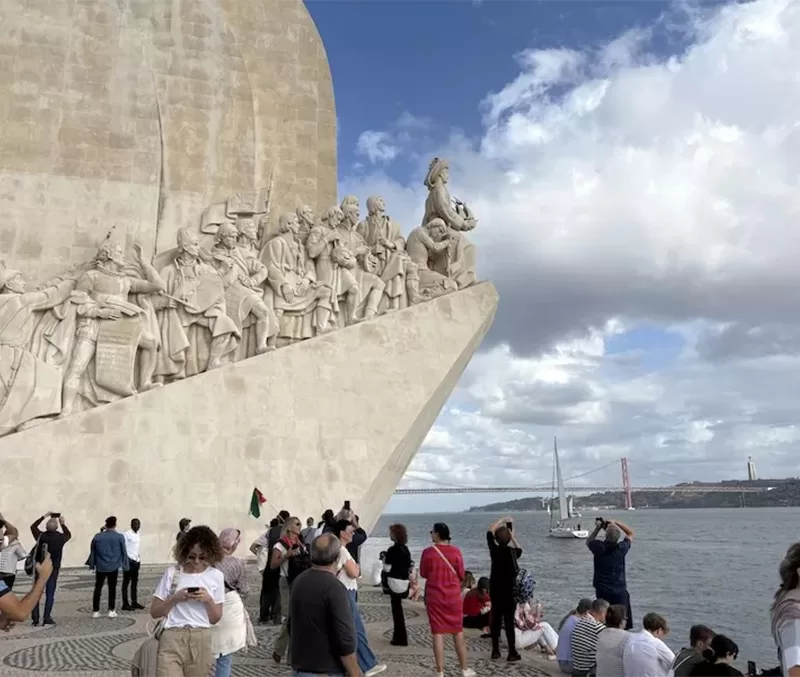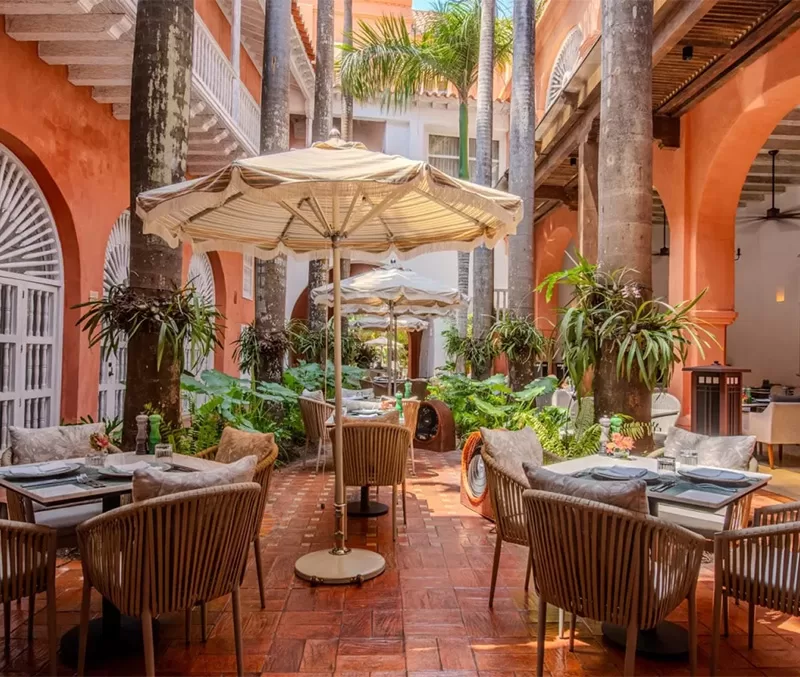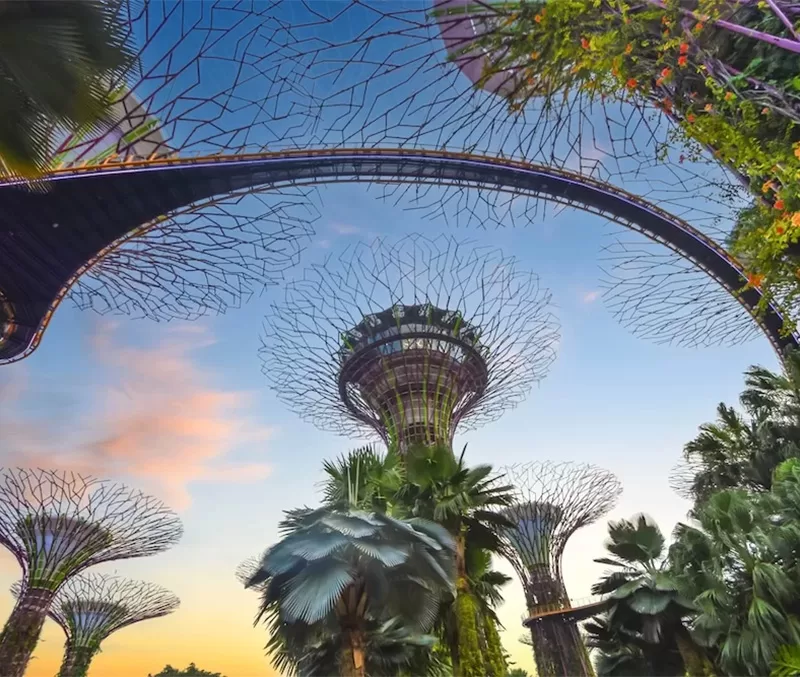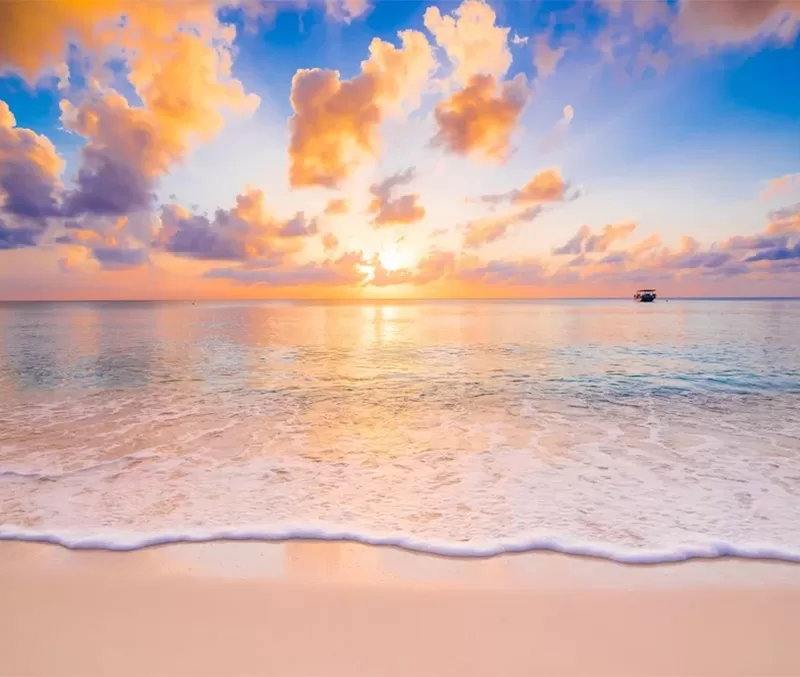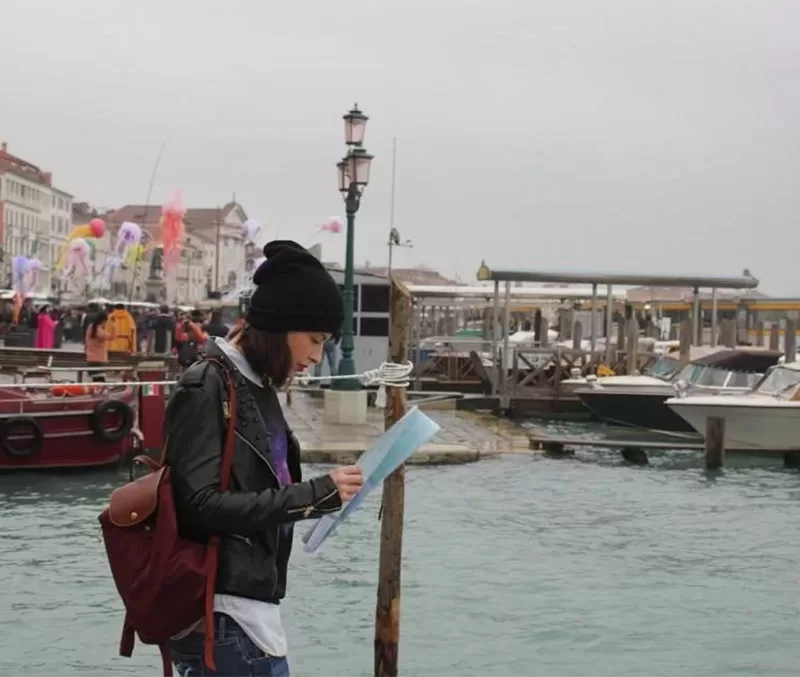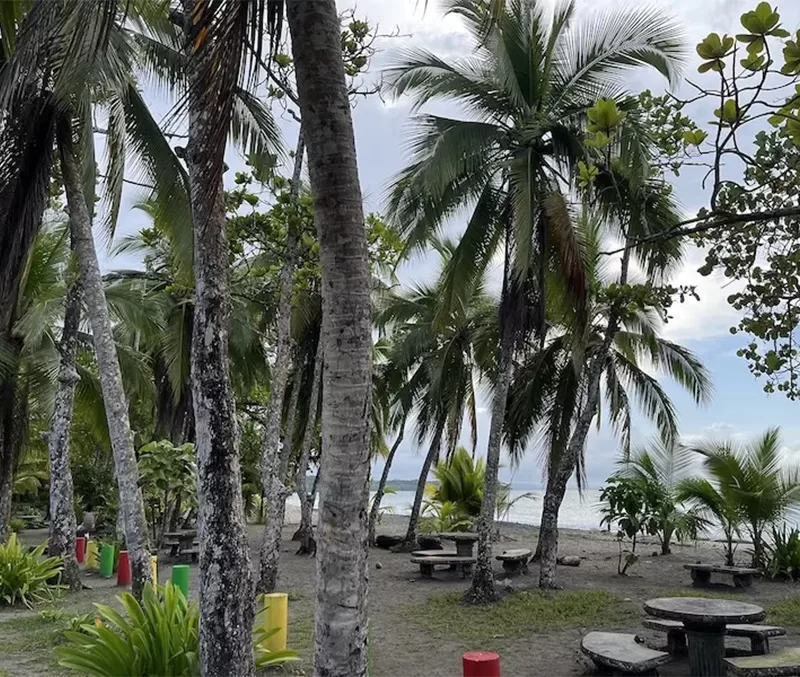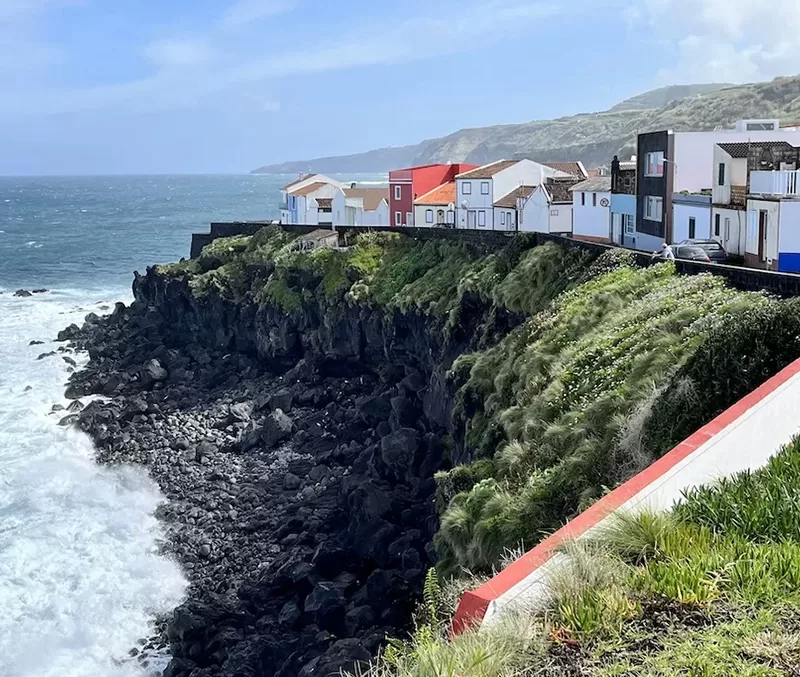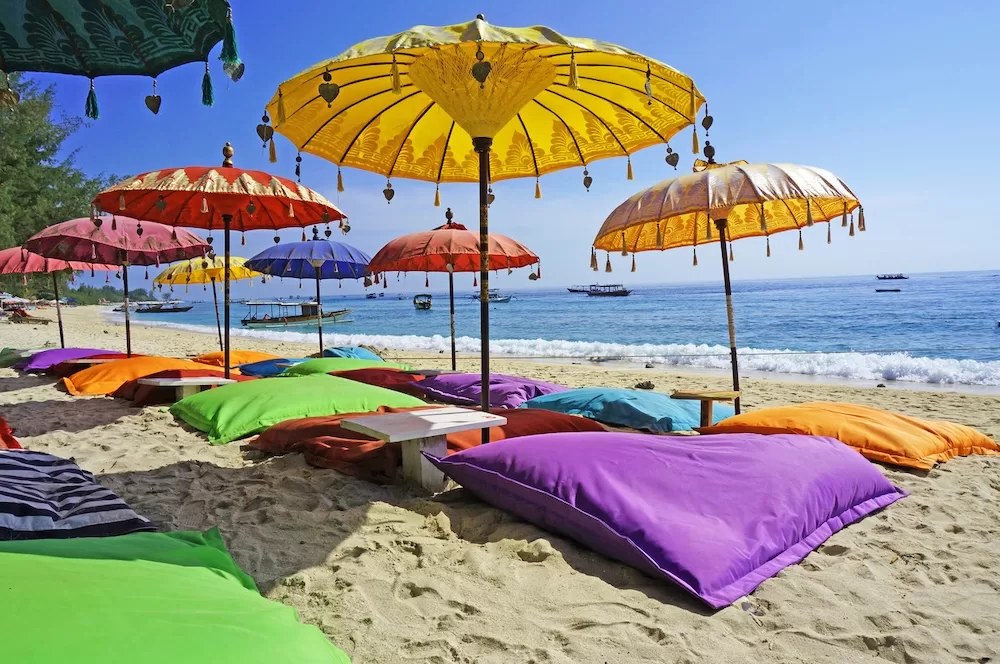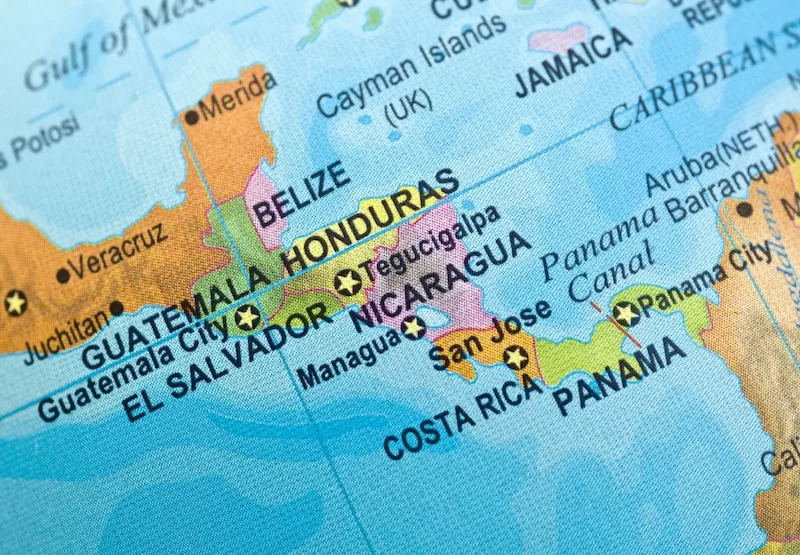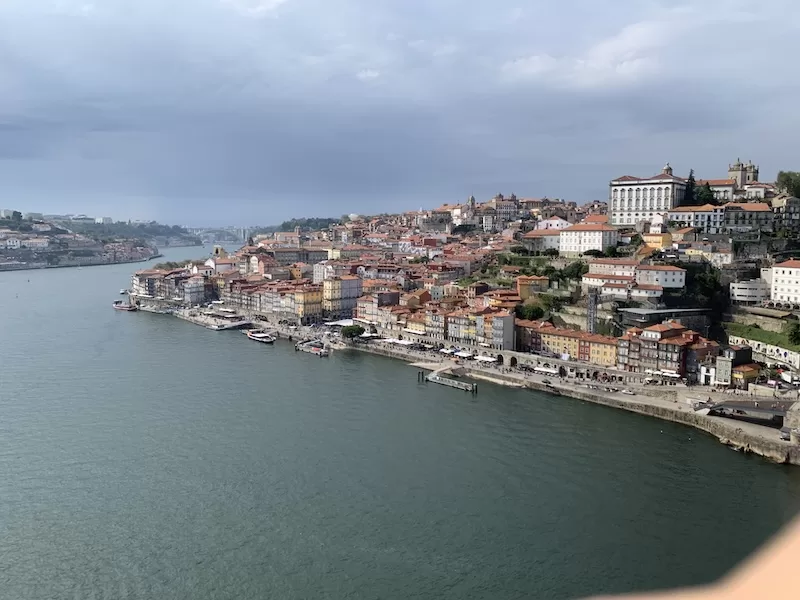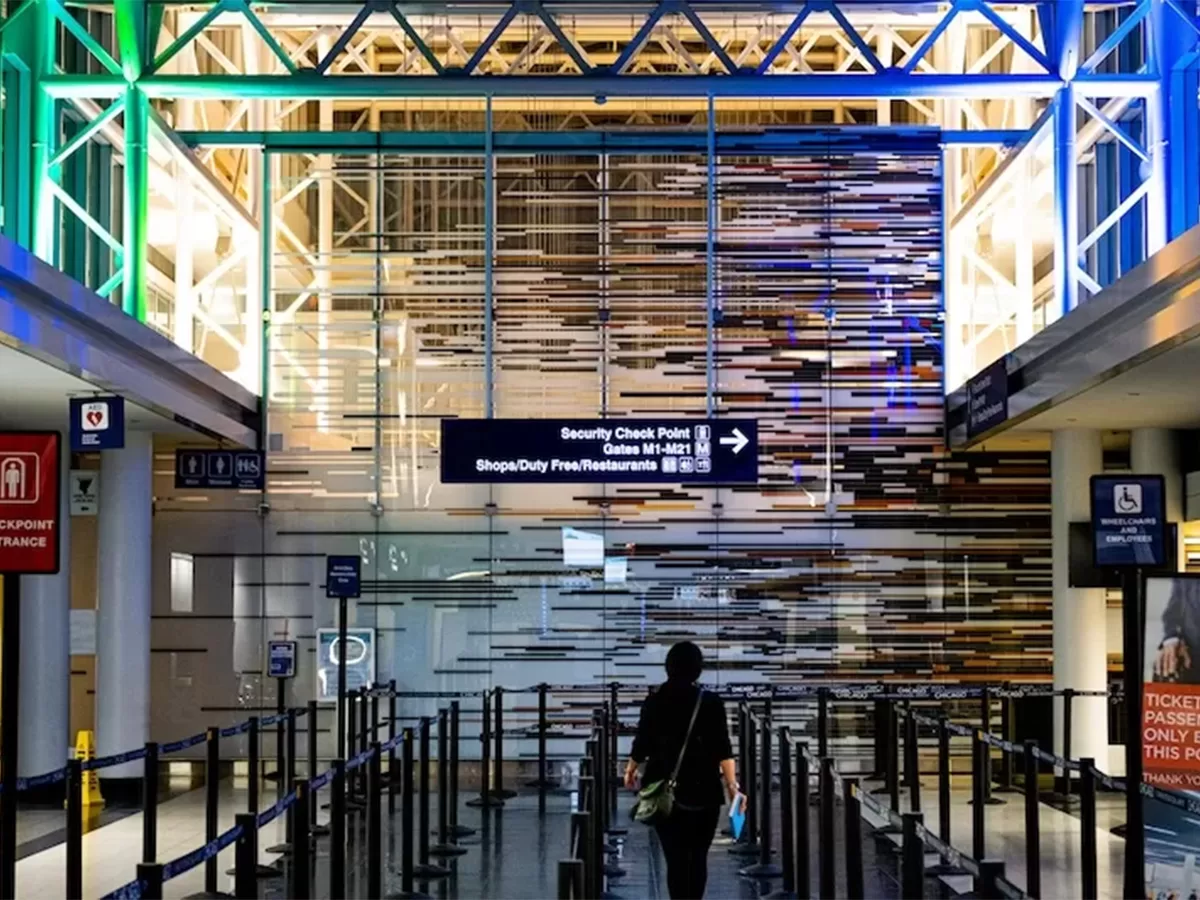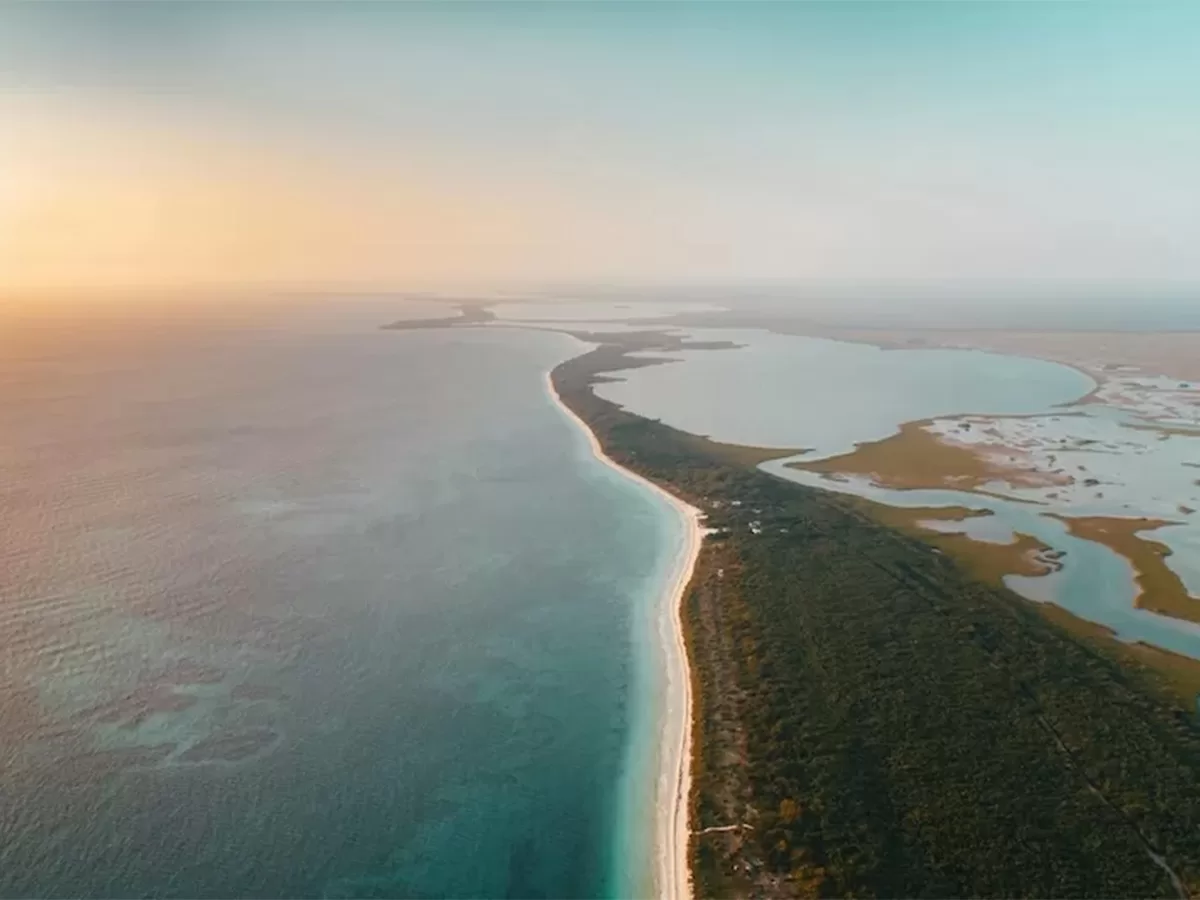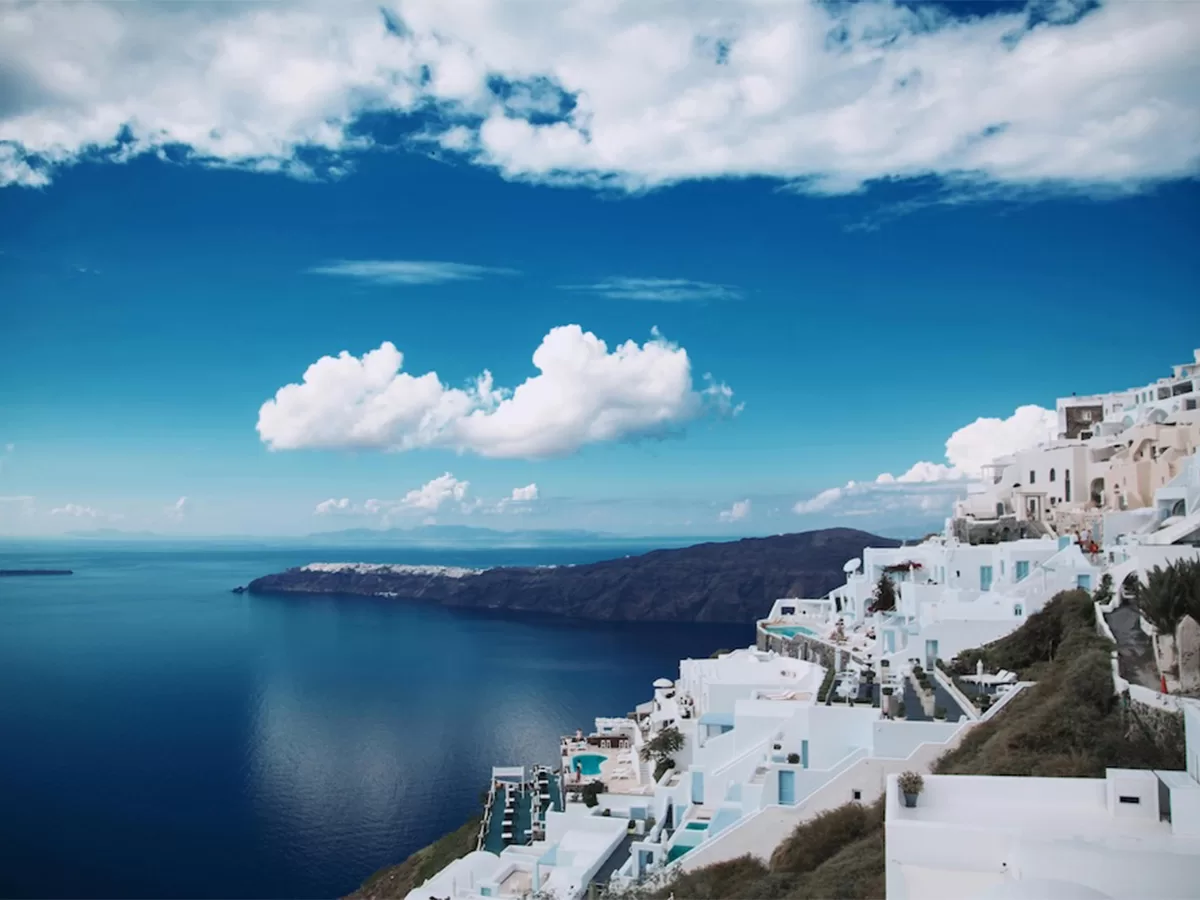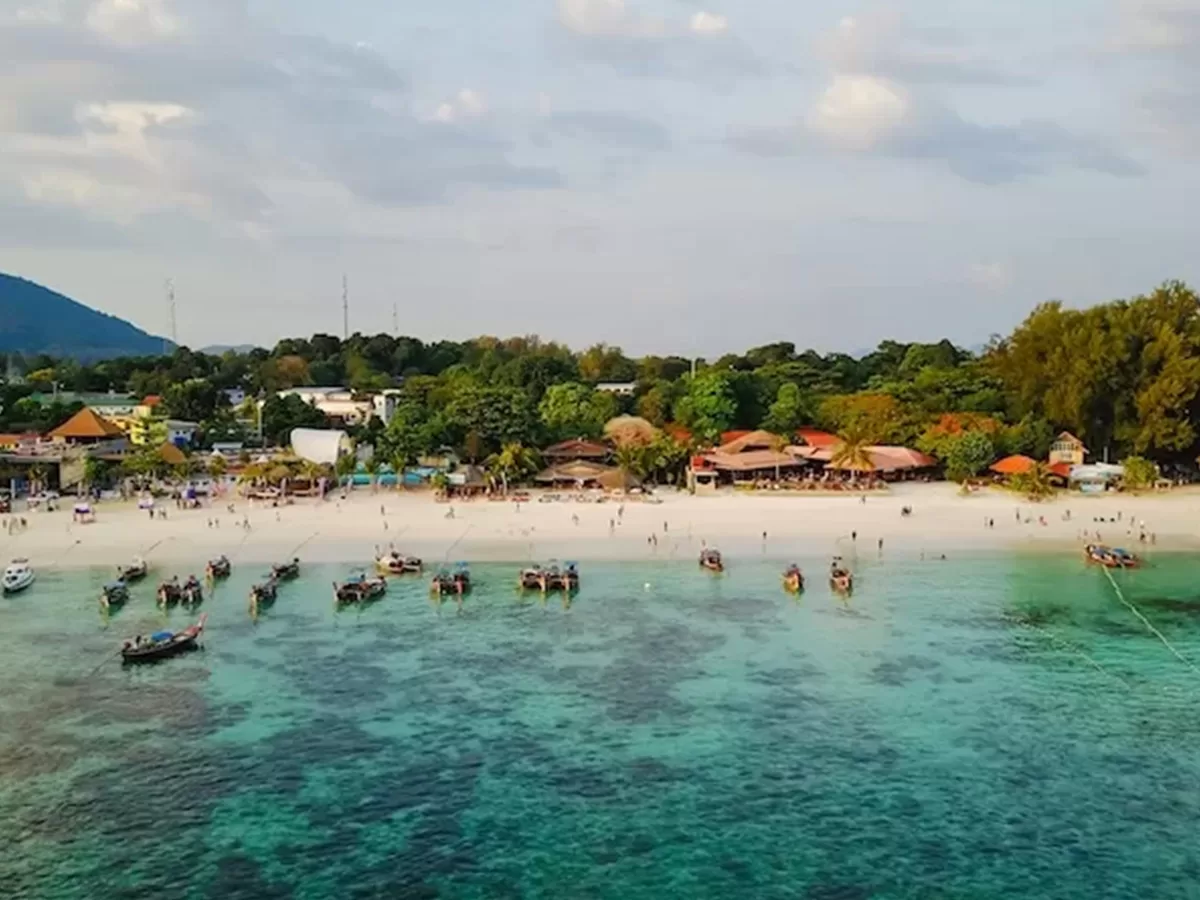Monkeying Around in Nicaragua
A curious close encounter in the Central American jungle
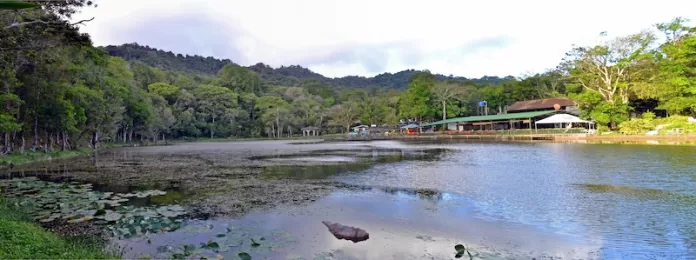
Discovering Selva Negra
Many years ago, when we were living in Managua, my wife Carol and I decided to take our two daughters to one of our favorite places in Nicaragua, the Selva Negra Mountain Resort.
Set in the highlands of Matagalpa, the estate had been a coffee plantation for nearly a century before a smart couple, Eddy Kuhl and Mausi Hayn, decided to build a German-style eco-resort. Their vision of Selva Negra opened in 1976 and its reputation quickly spread across the region.
First Impressions
Our first visit to Selva Negra, back in 2002, was simply about enjoying a cool, refreshing alternative to the oppressive heat of Managua. But we connected with the place and its proprietors, and soon returned again. And again, and again. Our daughter, five-year-old Amanda, grew close to Eddy’s granddaughter Raquel with the repeated visits.
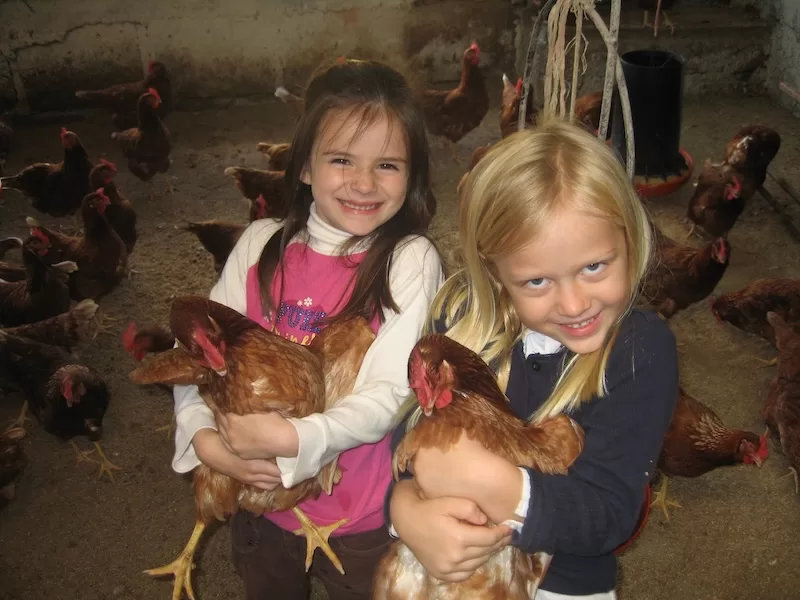
Her mother, Vicky, Eddy and Mausi’s eldest daughter, had grown up in the U.S. before she and her husband Roy moved to Nicaragua to help run the resort in the mid-90s. Raquel was born in the States, but had been living on the farm since she was one-month old.
Raquel had been home-schooled in traditional subjects, alongside the boundless educational experience of life on the farm, developing an incredible awareness of her environment and its natural beauty. I grew up in the countryside of western Pennsylvania, and delighted in seeing my daughter and her new friend enjoy some of the same experiences I did as a kid.
Read an Another Family Discovers the Joys of Life Abroad
While the Nicaraguan cloud forest is a major change from the deciduous forest of the Allegheny Mountains, some elements are the same. Amanda and Raquel spent an afternoon catching tadpoles in a stream that shimmers through this mountain paradise. A natural, Raquel was happy to show Amanda a few tadpole-catching tricks. I also lent a hand, and soon enough we had several cups full of tadpoles.
Back at the farm, Amanda and Raquel made the rounds: visiting the baby piglets, petting the calves, and playing with the chicks. Later, the girls slipped into the quail pens to collect eggs for the pickled quail eggs that would garnish the salads for that evening’s dinner.
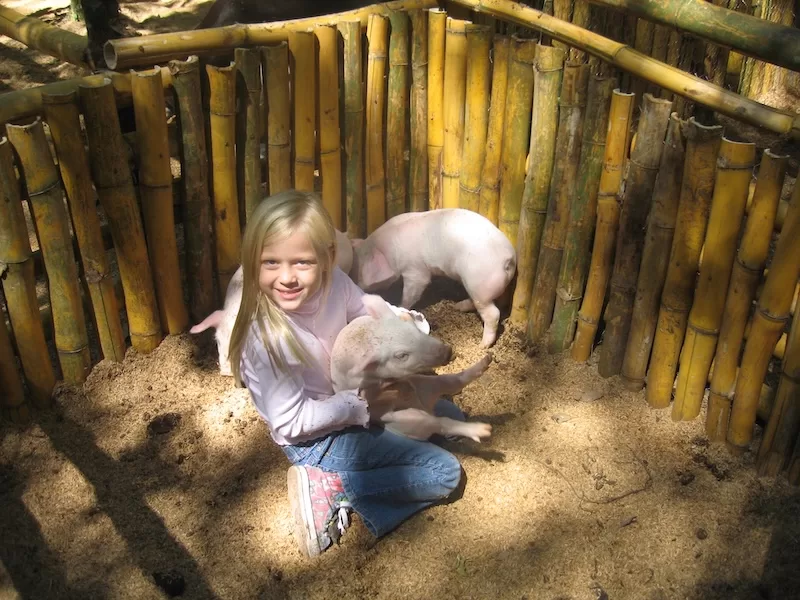
Sustainable Practices
While the girls collected, Vicky explained to Carol and I how they re-used every single farm by-product, from the coffee husks composted by 50,000,000 worms to the wastewater and manure collected to produce methane. Nothing is wasted at Selva Negra – and this was back in the early 2000’s, long before the great eco-tourism boom.
At the time, we were thinking of embracing wind power at Gran Pacifica, our residential development on the Nicaraguan coast, so I wanted to learn more about their wind plan and vision. First, they built a 90-foot tower and put a small turbine at the top. They used that to collect a year’s worth of data on the area’s wind patterns. I remember Mausi told me at one point that their initial site choice had been too windy for a power-generating turbine. Too much wind? Go figure. In the end we all agreed to share data, as two heads are better than one.
Into the Jungle
Later that afternoon, Amanda and I spent some time throwing sticks and leaves into a fast-moving creek and chasing them downstream, pretending they were our boats and we’d lost control of them. In the late afternoon, we decided to hike up into the jungle, which stretches from the edge of the plantation to the ridge summit, about 700 feet higher in elevation.
Earlier in the day we had heard the low, unsettling grunts of howler monkeys, but not since. We assumed they’d moved to higher ground, maybe even up near the ridge line, to get a better view, since lower-lying areas tend to be shrouded in clouds early in the day.
There’d been some drizzle that morning, so all the forest’s surfaces glistened. No matter how many times I walk these trails, I’m always astonished by the diversity of plant life. Selva Negra is beyond fortunate to still have a virgin cloud forest, one of the last remaining in the area, as most have been cut for planting. Just over a nearby ridge, for instance, a vast swathe of jungle had recently been cleared to grow cabbage.
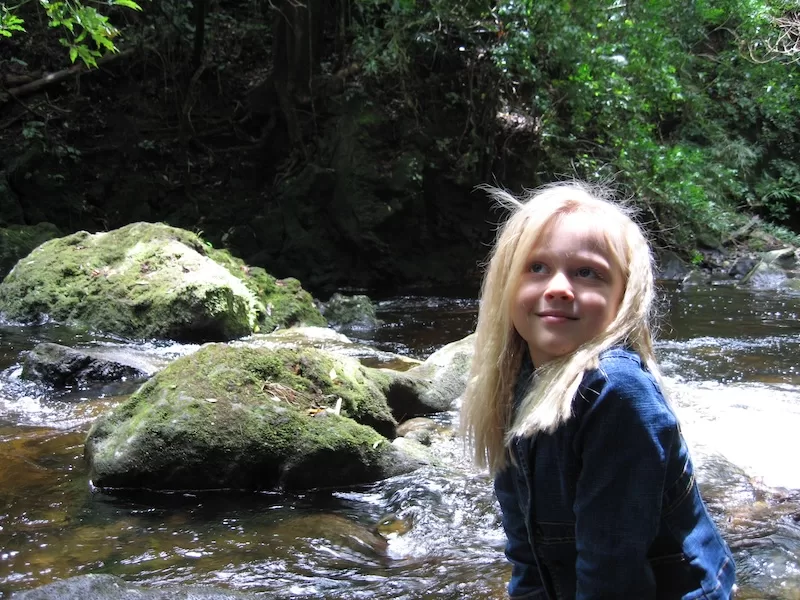
But not here, where the forest is topped by a dual canopy, with dense growth throughout. Back home, the tall trees create an umbrella and there’s little in the way of bushes, shorter trees, and ground coverage. The Matagalpa jungle is a different universe. On the ground, a vast array of plant life jockeys for space.
Nature’s Splendor
Vines twist around the trunks of trees and disappear into the heights. Great ferns with one-inch thorns make you think a dinosaur might be lurking around the next bend. Orchids and bromeliads of every type cling to branches and tree trunks. And all around our feet, as Amanda pointed out, mushrooms and toadstools spring forth from the thick loam of the forest floor.
Overhead, 60-foot-tall trees form an initial canopy, or mezzanine, with large leaves reaching out to catch the few rays of sun that slip through. Far above, maybe as high as 200 feet up, is the true crown, the majestic climax canopy. This is where howler monkeys spend much of their day, feeding and chatting and surveying their world.
A Memorable Encounter
On this hike, I was hoping to spend some quality time in the woods with my young daughter. We started chatting as we walked, and Amanda appeared stunned to learn that her dad had been a committed hunter as a boy.
I told her that if you keep very quiet while walking through the woods, you might get to see the biggest, most beautiful animals. Right then, the largest creatures in the whole forest came bursting through the bush: a group of high school kids on a field trip, followed by another.
The loud, jostling students accidentally drove some game towards us, forcing a grouse-like bird to scurry past Amanda and I. We smiled, standing off the trail, silent, still, and unseen as we waited for the high schoolers to noisily make their way past. Finally, their voices trailed off and we began to hear different noises from overhead.
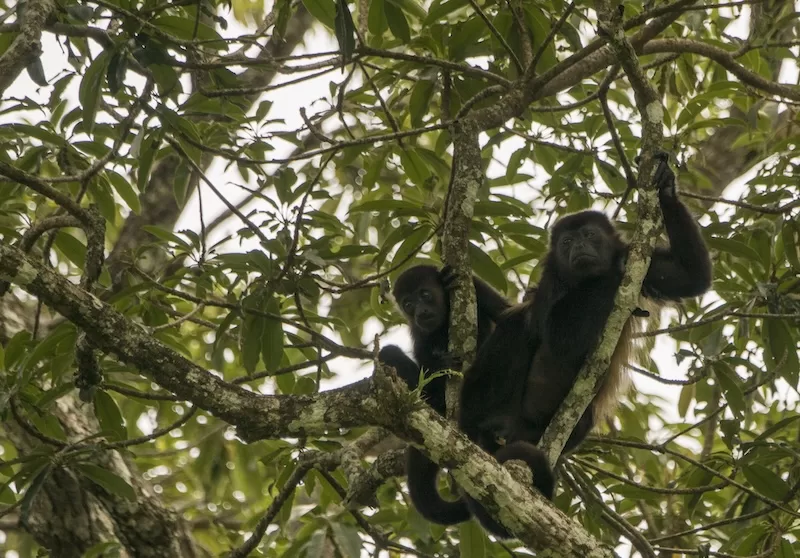
There was movement in the branches above, almost like something falling through the trees. We looked up and studied the canopy. Sure enough, way above we spied a monkey family eating some local fruit, maybe tamarind or mango, and dropping the seed pods.
We watched for a few minutes, until the large male moved almost directly over us. Then he squatted and started pooping. The first salvo landed maybe 10 feet away. We were frozen in place, half-disgusted, half-amazed. We stood still, watching the next bomb come plummeting toward us and land with a great thud just six feet away.
That’s when we both burst out laughing. Five-year-olds are still pretty obsessed with poop, so the monkey’s stinky gift absolutely made her day. Mine too. A monkey really did try to poop on us. I probably wouldn’t have believed it if I hadn’t seen it with my own eyes.
It was just one more reminder of the wonders of Selva Negra, and of Nicaragua. We all hope to go back again soon.
—————
Michael K. Cobb is the CEO and Co-founder of ECI Developments, which has properties throughout Latin America. He is the author of How to Buy Your Home Overseas, and speaks all over the world on international real estate.
Michael K. Cobb



